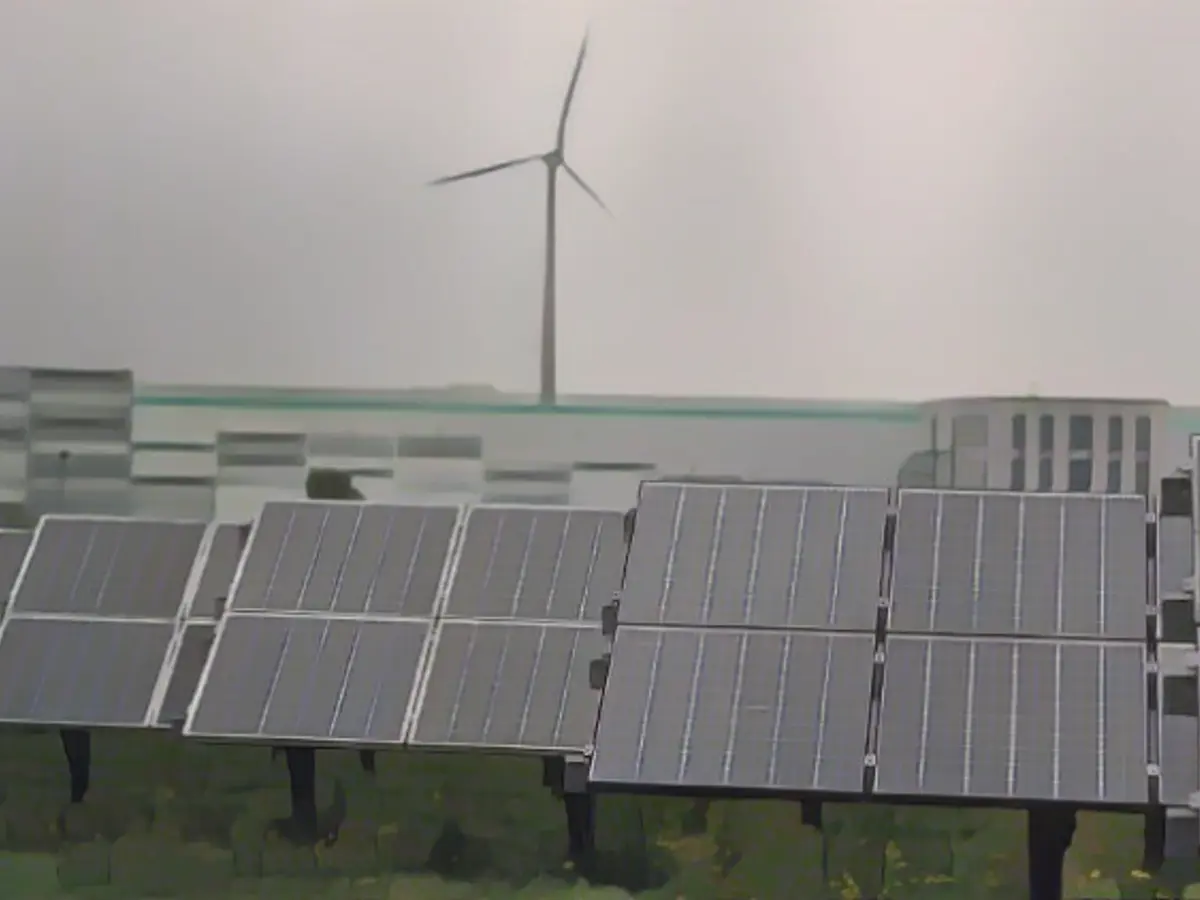Analysis casts doubt on efficiency of solar giant Meyer Burger
Meyer Burger has recently been openly threatening to relocate production. This would have a significant impact on the solar turnaround in Germany. However, a recent analysis is said to show that the Swiss manufacturer is lagging behind internationally in terms of efficiency and price.
The Swiss solar module manufacturer Meyer Burger is probably less competitive internationally than it claims. This is suggested by industry data analyzed by "Der Spiegel". The company claims to be the "technology leader" and to have "the highest efficiency levels" in the solar sector. In mid-November, a Meyer Burger developer made a statement to the Bundestag Committee on Climate Protection and Energy at a hearing. The subject was said to be possible solar subsidies.
However, in a ranking of the world's most efficient solar modules compiled by the industry service Taiyang News, Meyer Burger was only ranked 30th in November, compared to sixth place two years previously. According to the ranking, modules from Chinese manufacturers are up to ten percent more efficient and often cheaper. According to the ranking, Meyer Burger charged an average price of 0.45 francs per watt in the first half of 2023, reports Der Spiegel. Wholesale prices for highly efficient modules, such as those offered by Meyer Burger, were around a fifth cheaper in the same period. They now cost just over half as much.
These figures are tricky for the German government's energy transition plans. It wants to revive the domestic solar industry in order to achieve its ambitious green energy targets and reduce its geopolitical dependence on China. Meyer Burger is the only module manufacturer with significant production in Europe. The company itself says that its competitors often use larger modules. With these, the proportion of components that do not produce solar power is smaller in relative terms. This increases the efficiency.
In terms of the cells that are installed in the modules, the company is still among the "international leaders". The company's own products are also particularly durable, which increases the energy yield over the years. Chinese companies also sell their modules at dumping prices.
However, experts argue that hardly any customers are interested in the efficiency of individual cells. Meyer Burger therefore wants to switch to larger ones itself. Gerard Reid from the industry service Alexa Capital sees Meyer Burger as "uncompetitive on the global market".
Read also:
- Why there is still no EU funding for green Saar steel
- 3 billion Saar Fund is unconstitutional
- Lack of snow also opens up new opportunities for winter tourism
- Abrupt end to e-car subsidies
The Call for action by Meyer Burger to move production could potentially shift the solar industry landscape in Europe. Despite its claims as a 'technology leader' and 'efficiency leader' in the solar sector, Meyer Burger's placement in the Taiyang News ranking for the world's most efficient solar modules slipped from 6th to 30th in November. Chinese manufacturers, on the other hand, are producing modules that are not only more efficient but also cheaper, posing a significant challenge to the solar industry in Europe, particularly Germany, which seeks to boost its domestic solar sector and reduce dependence on China.
As the German government aims to revitalize its solar industry and achieve its ambitious green energy objectives, the high prices charged by Meyer Burger for its modules become a concern, especially when compared to cheaper alternatives from Chinese manufacturers. This price discrepancy could affect the government's energy transition plans and the competitiveness of the European solar industry within the broader context of global solar systems and solar energy.
Source: www.ntv.de








